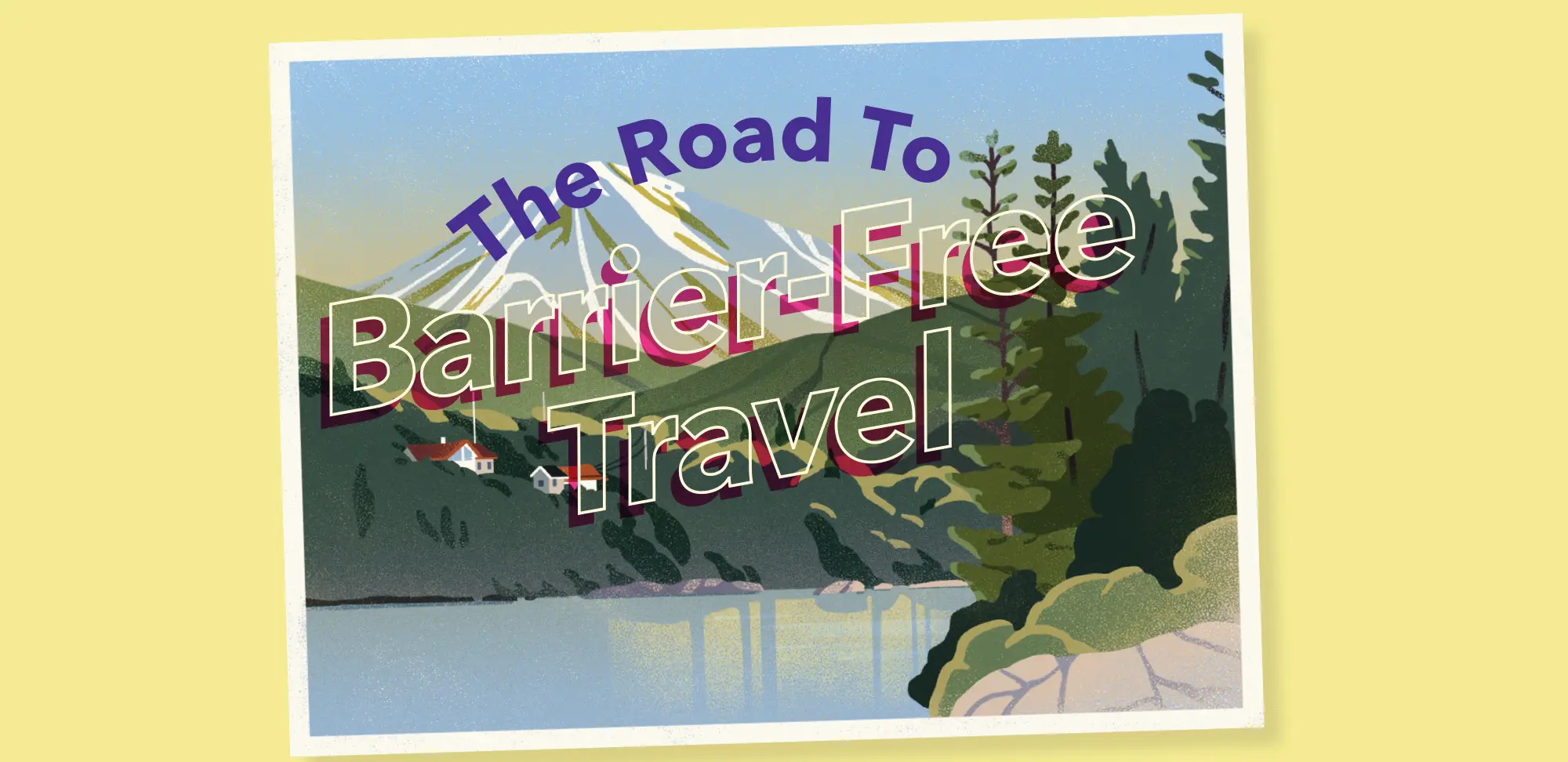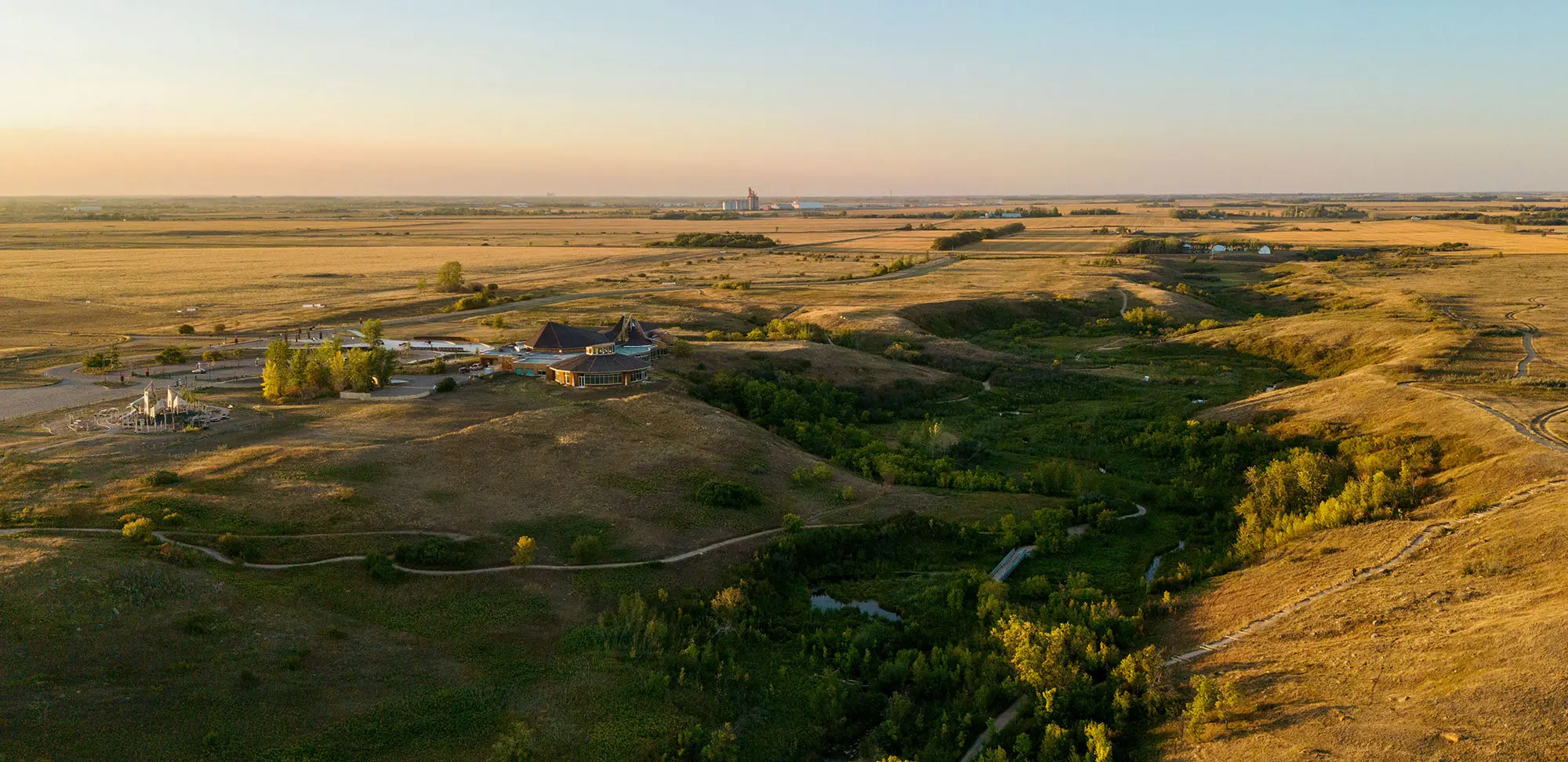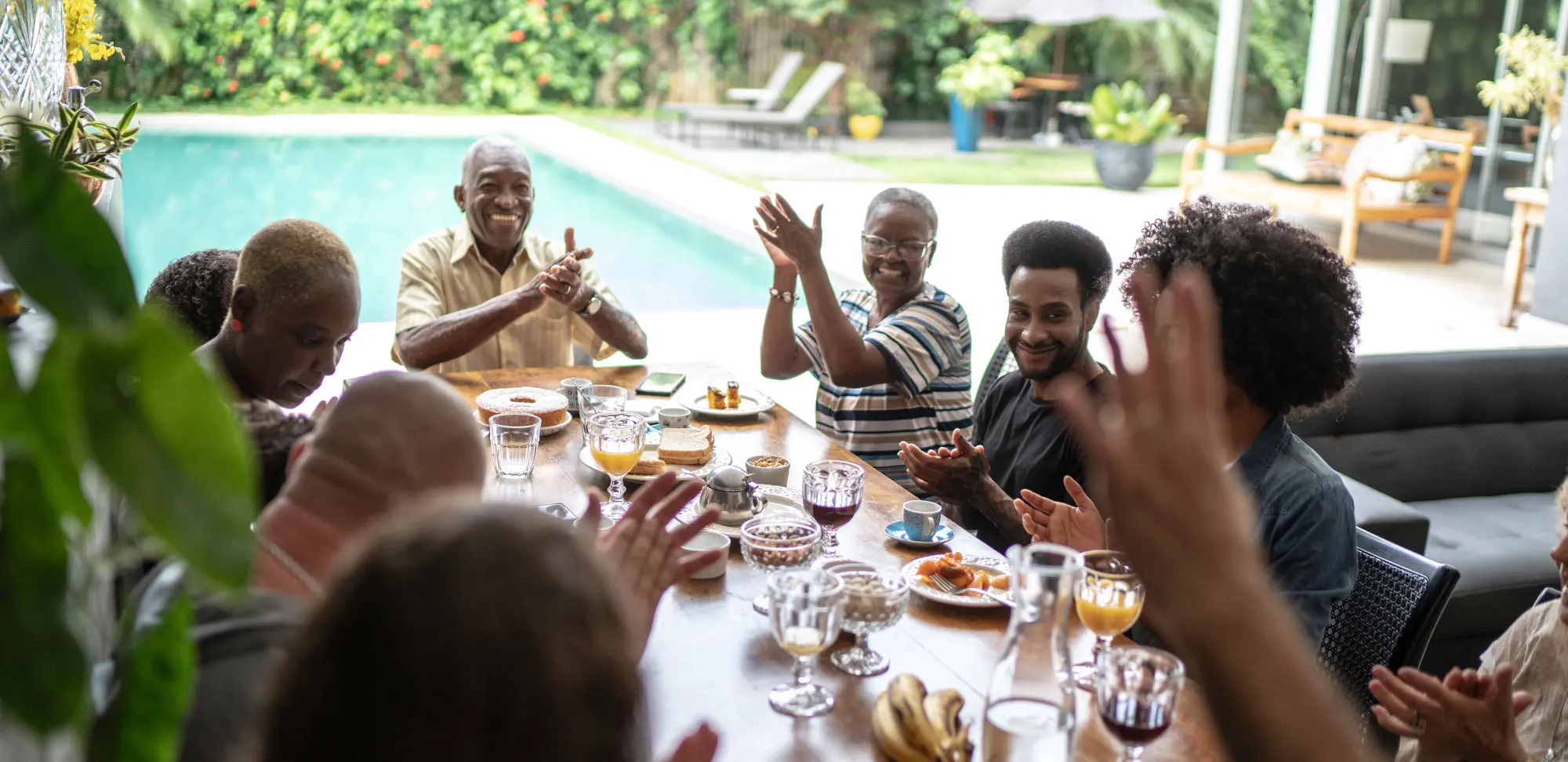Of all the wonderful places in the world I’ve been fortunate to see — as an international athlete, on the Man in Motion World Tour, and in my ongoing work as an advocate for a barrier-free world — I can truly say that Canada is one of the most beautiful places on Earth because of its majestic natural landscape.
I am fortunate to have been born and raised in British Columbia, and some of my earliest childhood memories are of fishing, camping, hiking and other outdoor adventures. As a teen, these activities were key to my physical and mental recovery after the accident that resulted in my spinal cord injury and paralysis. Today, any time I can spend in nature is the downtime I need to find peace and joy.
One of my favourite places to travel for outdoor adventure is the small community of Atlin, located in the northwest corner of British Columbia, bordering Yukon and Alaska. The town of about 450 is on the shore of the pristine, glacier-fed Atlin Lake — the largest natural freshwater lake in the province.

Atlin exists off the beaten path, at the intersection of the past and future. There is a rich history visible in the buildings that still stand from the gold-rush era and the continued presence and influence of the Taku River Tlingit First Nation. The community is developing a shared vision and is working together with a view of the future anchored in shared responsible stewardship of the environment, sustainable business practices and relationships. Atlin is also on an accessibility journey led by champions who are committed to ensuring everyone can fully enjoy all that the community and its surroundings have to offer.
I am grateful that I am able to experience the outdoor wonders of Atlin, but I know my experience is not common to everywhere that people with disabilities wish to travel and explore. For people with disabilities, travel can often be daunting rather than exciting; worrisome rather than restful — particularly outdoors.
As pandemic restrictions lift, we’re seeing a resurgence in travel that can be an opportunity to rethink and expand accessibility in tourism. This would serve not only people with disabilities but also the rapidly growing population of aging baby boomers and their parents with age-related accessibility needs. These underserved groups include people with the desire to travel and explore, and the means to contribute to the tourism industry that is significant to the economies of many places.

For more than 35 years, I’ve advocated for a barrier-free world where people with disabilities can fully experience and engage with the world around them in the places where they live, work, learn and play. The outdoor experiences I’ve had over my lifetime have fuelled my commitment to conservation, contributed to my character, established deep friendships and created memories that have left an indelible mark on me. This is why I continue to support innovative solutions to remove barriers and raise awareness of the potential of people with disabilities so that everyone can go everywhere.
The following locations have been rated by a trained accessibility professional in the Rick Hansen Foundation Accessibility Certification program and have achieved a level of meaningful accessibility. Please contact these locations directly to ensure they are suitable for you to incorporate into your next trip.
- Observation deck at Peggy’s Cove, N.S.
- CN Tower, Toronto, Ont.
- Canada Science and Technology Museum, Ottawa, Ont.
- Juniper Loop nature trail in Lighthouse Park, West Vancouver, B.C.
- Scout Island Nature Centre, Williams Lake, B.C.
For lots of practical tips on travelling with a disability, visit rickhansen.com and search “travel.”






